2020, Warren, MB, CANADA
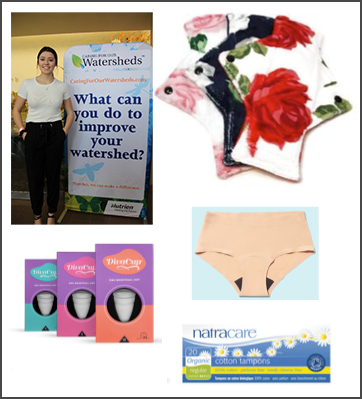
Hannah Friesen from Warren, MB decided to tackle the issue of the impact that disposable menstrual products are having on our environment. How could she get people to change the products they use? It’s difficult to sway people from what they are used to, so she came up with the idea to add environmentally friendly period products into her school’s Health program. Cloth pads, leak-proof underwear, biodegradable tampons, and menstrual cups were added to a kit that teachers can use to educate their students on these eco-friendly options before they get used to the more harmful disposable ones.
“I want people to know that there are other options that would help our environment and keep our watershed and landfills free of the pollution from these products.”

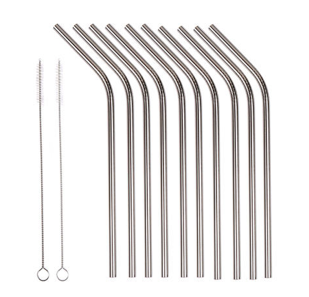
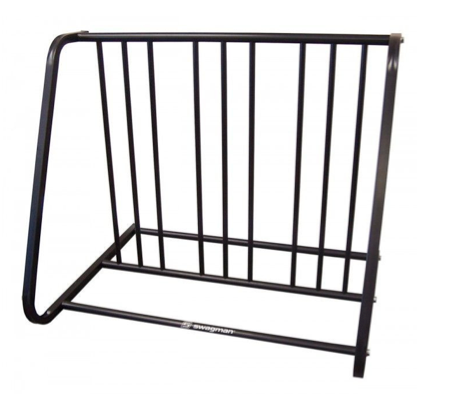
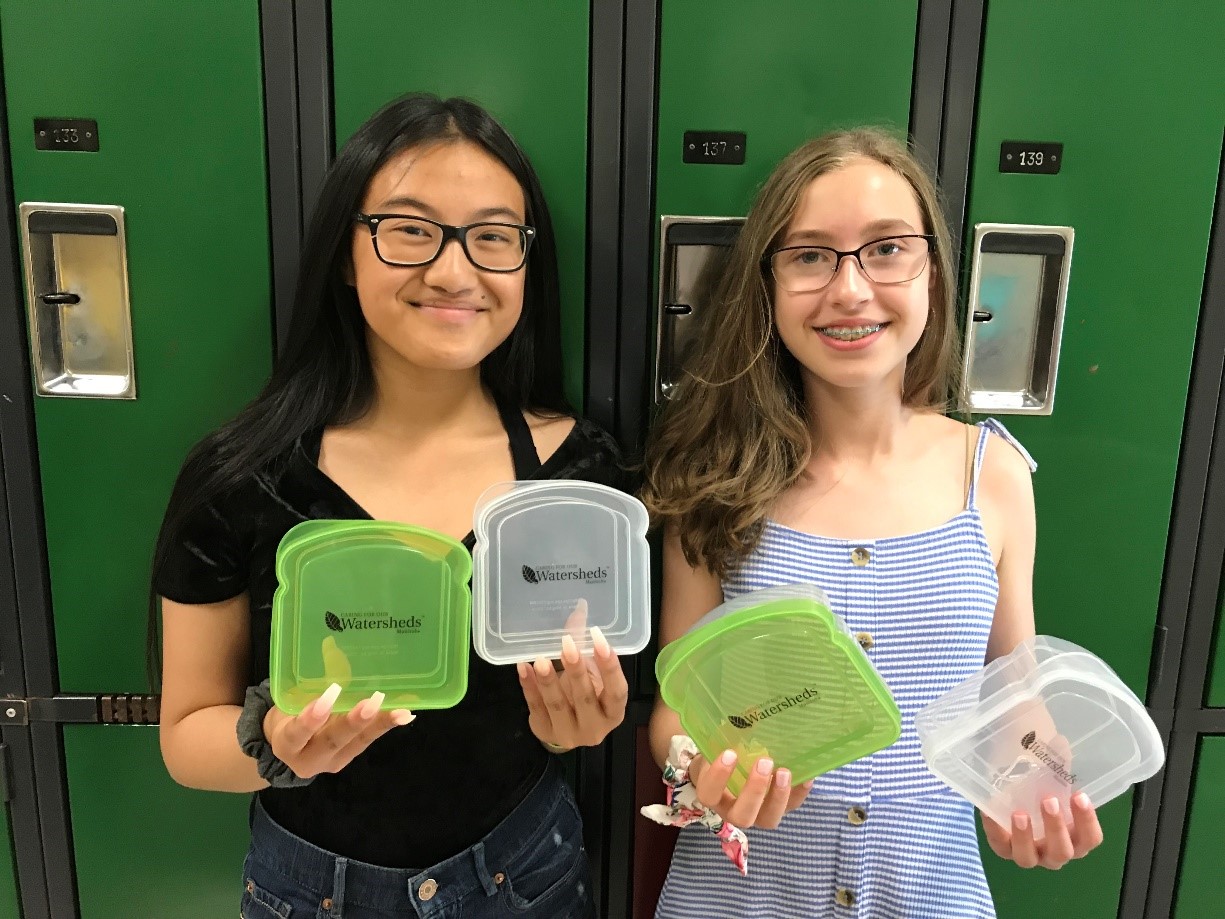 2019, Winnipeg, Manitoba, Canada
2019, Winnipeg, Manitoba, Canada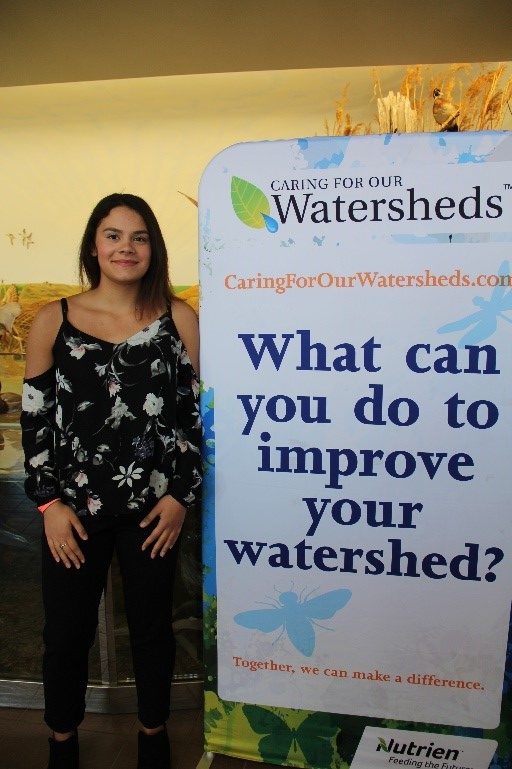 2019, Selkirk, Manitoba, Canada
2019, Selkirk, Manitoba, Canada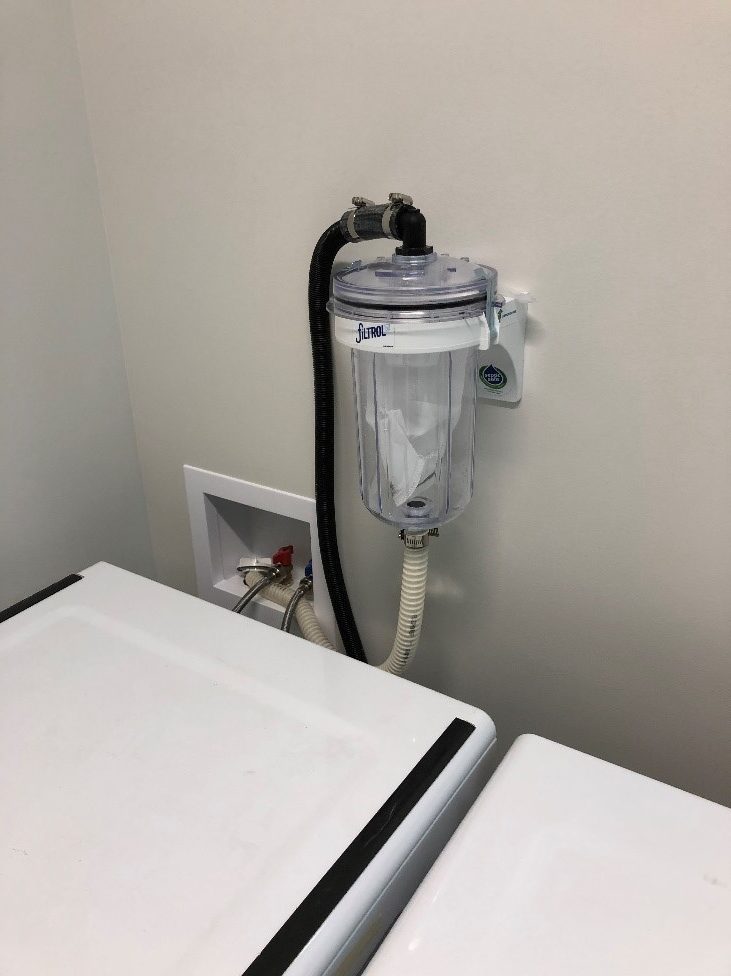
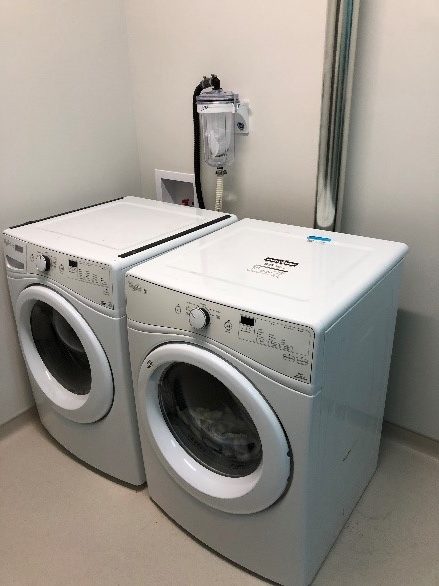
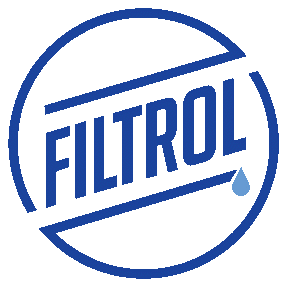
 2019, Pilot Mound, Manitoba, Canada
2019, Pilot Mound, Manitoba, Canada In speaking with the school’s custodian, they were able to see where drainage water flowed, accumulated, and moved across the school property. They realized that this runoff water could be picking up contaminants and sending them into local waterways and could also be contributing to flooding issues in their area. They approached their local conservation district (CD), the Pembina Valley CD, to discuss ways to mitigate these issues. Together, they came up with the idea of rain gardens along the natural swale running through the school yard to filter runoff, increase water infiltration, and reduce pollutants entering nearby waterways.
In speaking with the school’s custodian, they were able to see where drainage water flowed, accumulated, and moved across the school property. They realized that this runoff water could be picking up contaminants and sending them into local waterways and could also be contributing to flooding issues in their area. They approached their local conservation district (CD), the Pembina Valley CD, to discuss ways to mitigate these issues. Together, they came up with the idea of rain gardens along the natural swale running through the school yard to filter runoff, increase water infiltration, and reduce pollutants entering nearby waterways. 2019, Beausejour, Manitoba, Canada
2019, Beausejour, Manitoba, Canada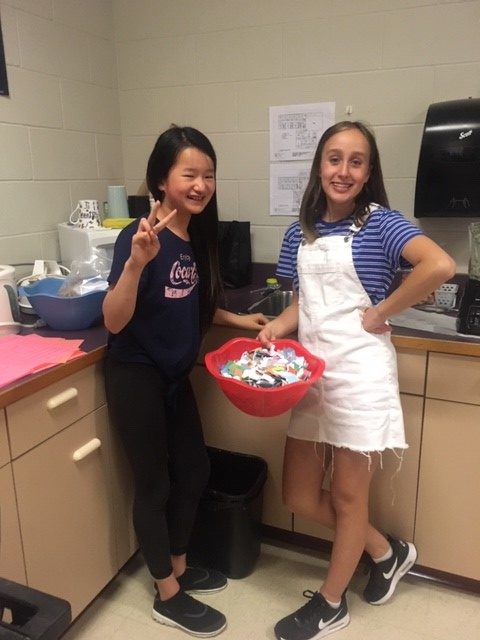 2019, Winnipeg, Manitoba, Canada
2019, Winnipeg, Manitoba, Canada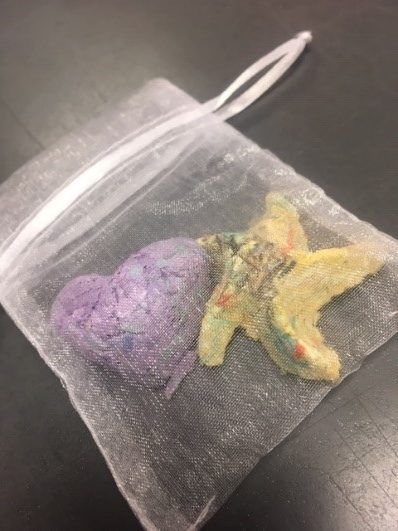 “This is important for our community because our school has recently placed beehives on the school roof. We are worried that the bees will not have enough pollen to support the ecosystem and their hive. Bees are important to our watershed because they pollinate plants and crops… Planting wildflowers around the community will provide food for the bees to help grow our bee population and raise awareness.”
“This is important for our community because our school has recently placed beehives on the school roof. We are worried that the bees will not have enough pollen to support the ecosystem and their hive. Bees are important to our watershed because they pollinate plants and crops… Planting wildflowers around the community will provide food for the bees to help grow our bee population and raise awareness.”
 2019, The Pas, Manitoba, Canada
2019, The Pas, Manitoba, Canada